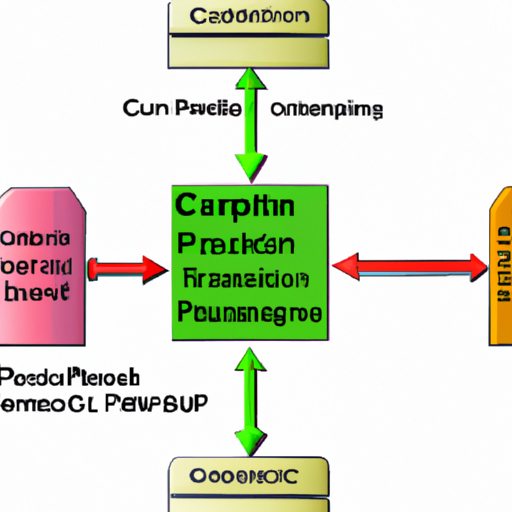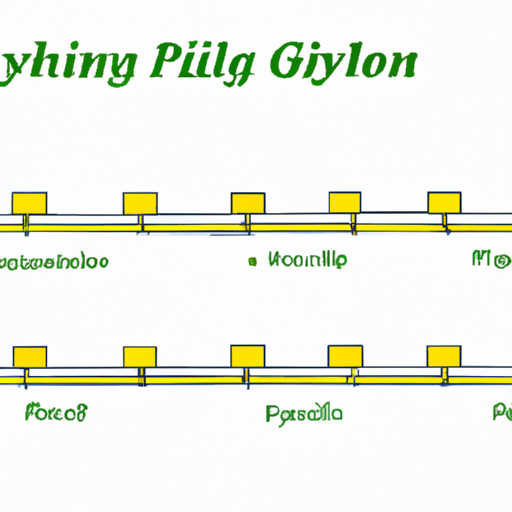Manuals on high performance computing and coding
Welcome to the High Performance Computing (HPC) section of my website. As someone who regularly tackles computationally intensive tasks as an HPC engineer, I’m excited to share insights that can help you harness the power of HPC in your projects.
Latest HPC Guides
Topics Covered
High performance computing is critical for solving today’s most demanding scientific, engineering, and data analysis problems. Through this series of guides, I aim to provide you with the knowledge and tools necessary to effectively utilize HPC resources. Whether you’re optimizing algorithms for parallel architectures or seeking to accelerate your code on supercomputers, these resources are designed to meet your needs.
The guides will span a wide array of topics, including but not limited to:
Parallel Programming: Dive into the world of concurrent execution with guides on MPI, OpenMP, and GPU programming using CUDA or OpenCL. Learn how to split tasks efficiently and synchronize processes to maximize computational resources.
Performance Optimization: Discover techniques to enhance the speed and efficiency of your code. We’ll cover profiling tools, bottleneck analysis, vectorization, and compiler optimizations that can significantly reduce execution time.
Numerical Algorithms: Explore the implementation of robust and scalable numerical algorithms suitable for HPC. Understand the intricacies of linear algebra solvers, differential equation integrators, and other computational methods that leverage HPC capabilities.
Scientific Computing with Python: Python is a versatile language that, when combined with libraries like NumPy, SciPy, and Cython, can be used for high-level scientific computing. Learn how to integrate Python with C/C++/Fortran code to achieve both ease of use and high performance.
Advanced C/C++/Fortran Techniques: Delve into advanced programming concepts in C, C++, and Fortran that are essential for HPC. Topics include memory management, cache optimization, SIMD instructions, and parallel file I/O.
Code Scalability and Portability: Write code that not only scales across thousands of processors but is also portable across different HPC systems. We’ll discuss best practices for writing maintainable and adaptable code.
HPC Infrastructure and Tools: Get acquainted with the architecture of supercomputers, including nodes, interconnects, and storage systems. Learn about job scheduling, module systems, and other tools that facilitate HPC workflows.
Software Engineering for HPC: Apply software engineering principles to ensure that your HPC code is reliable, readable, and maintainable. We’ll touch on version control, testing, continuous integration, and documentation in the context of HPC.
Structure and aim
Each guide is presented with the precision and depth that’s expected by the HPC community. The content will be concise and focused, valuing your time and expertise.
I also welcome active participation and collaboration, as the collective wisdom of the community can greatly enhance these resources.
Whether you’re a researcher venturing into HPC for the first time or an experienced developer looking to refine your skills, this is the place for you. Join me on this journey to push the boundaries of computational performance and achieve groundbreaking results.















